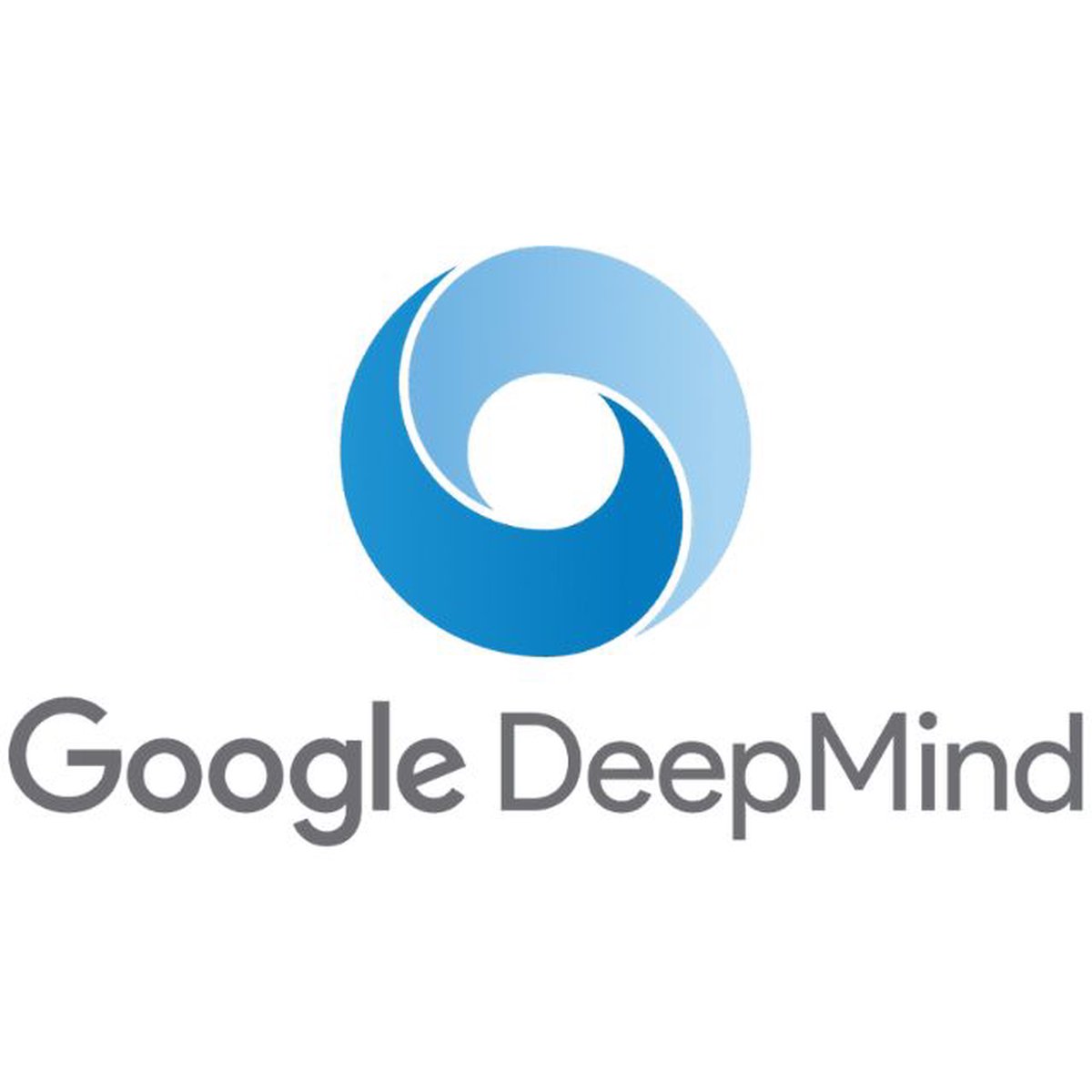DeepMind
DeepMind advances AI research for scientific discovery and problem-solving.

DeepMind, a subsidiary of Alphabet Inc., is a leading artificial intelligence research lab focused on developing advanced AI systems to accelerate scientific discovery and address complex challenges. Founded in 2010 by Demis Hassabis, Shane Legg, and Mustafa Suleyman, DeepMind has pioneered breakthroughs in machine learning, particularly in deep reinforcement learning and neural networks. Acquired by Google in 2014 and merged with Google’s Brain division in 2023 to form Google DeepMind, it operates from its headquarters in London, with research centers in the United States, Canada, France, Germany, and Switzerland.
DeepMind’s work centers on creating general-purpose AI systems capable of learning and adapting across diverse domains. Its AlphaGo program achieved global recognition in 2016 by defeating world champion Lee Sedol in the complex board game Go, demonstrating the power of deep reinforcement learning. Another significant contribution, AlphaFold, solved the decades-old problem of protein folding in 2020, providing over 200 million predicted protein structures by 2022, which has transformed computational biology. More recently, DeepMind introduced SIMA in 2024, an AI agent that follows natural language instructions to perform tasks in 3D virtual environments, showcasing its adaptability in gaming and simulation contexts.
The lab’s capabilities span data analysis, natural language processing, and computer vision, with applications in healthcare, energy optimization, and robotics. For instance, DeepMind’s algorithms have reduced energy consumption in Google’s data centers by 30% and aided in diagnosing eye diseases with expert-level accuracy. Its TacticAI, developed with Liverpool Football Club, provides insights for optimizing sports strategies, such as corner kicks. DeepMind also explores creative applications, like text-to-image generation with Imagen and music creation with Magenta, broadening AI’s role in artistic processes.
DeepMind’s research is accessible to developers through models like Gemma 3, released in 2025, which runs efficiently on a single GPU and supports tasks like therapeutics development (TxGemma) and even experimental projects like decoding dolphin communication (DolphinGemma). While its primary focus remains fundamental research, DeepMind’s tools are increasingly integrated into Google’s ecosystem, including the Gemini family of large language models. The lab emphasizes ethical AI development, with initiatives like DeepMind Ethics and Society, ensuring safety and societal impact are prioritized.
For researchers, scientists, and developers, DeepMind offers a robust foundation for building AI-driven solutions, particularly in domains requiring complex problem-solving and data-intensive analysis. Its interdisciplinary approach, combining neuroscience, engineering, and machine learning, positions it as a cornerstone of AI innovation, with a mission to advance human understanding of the universe.